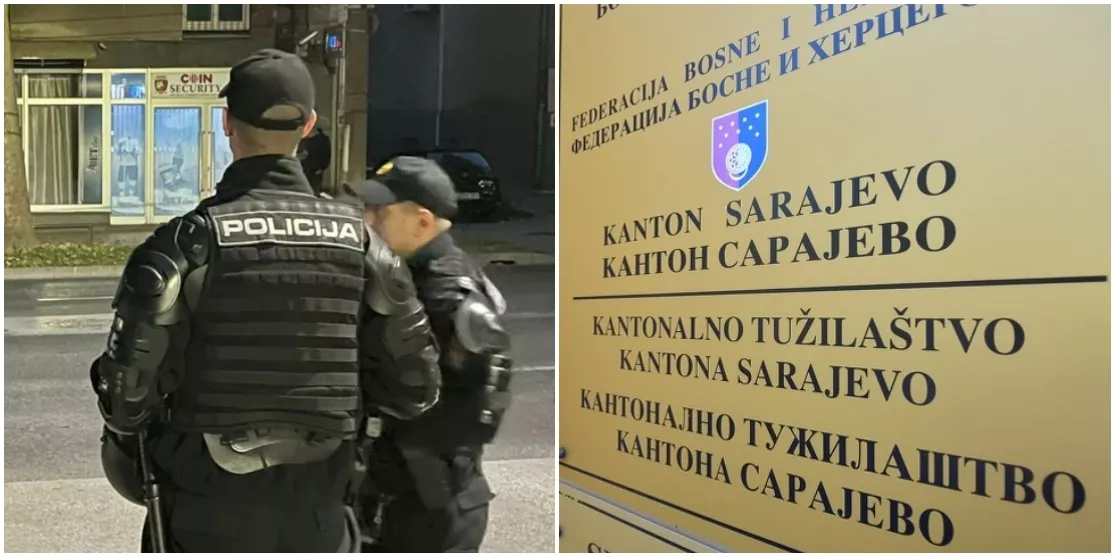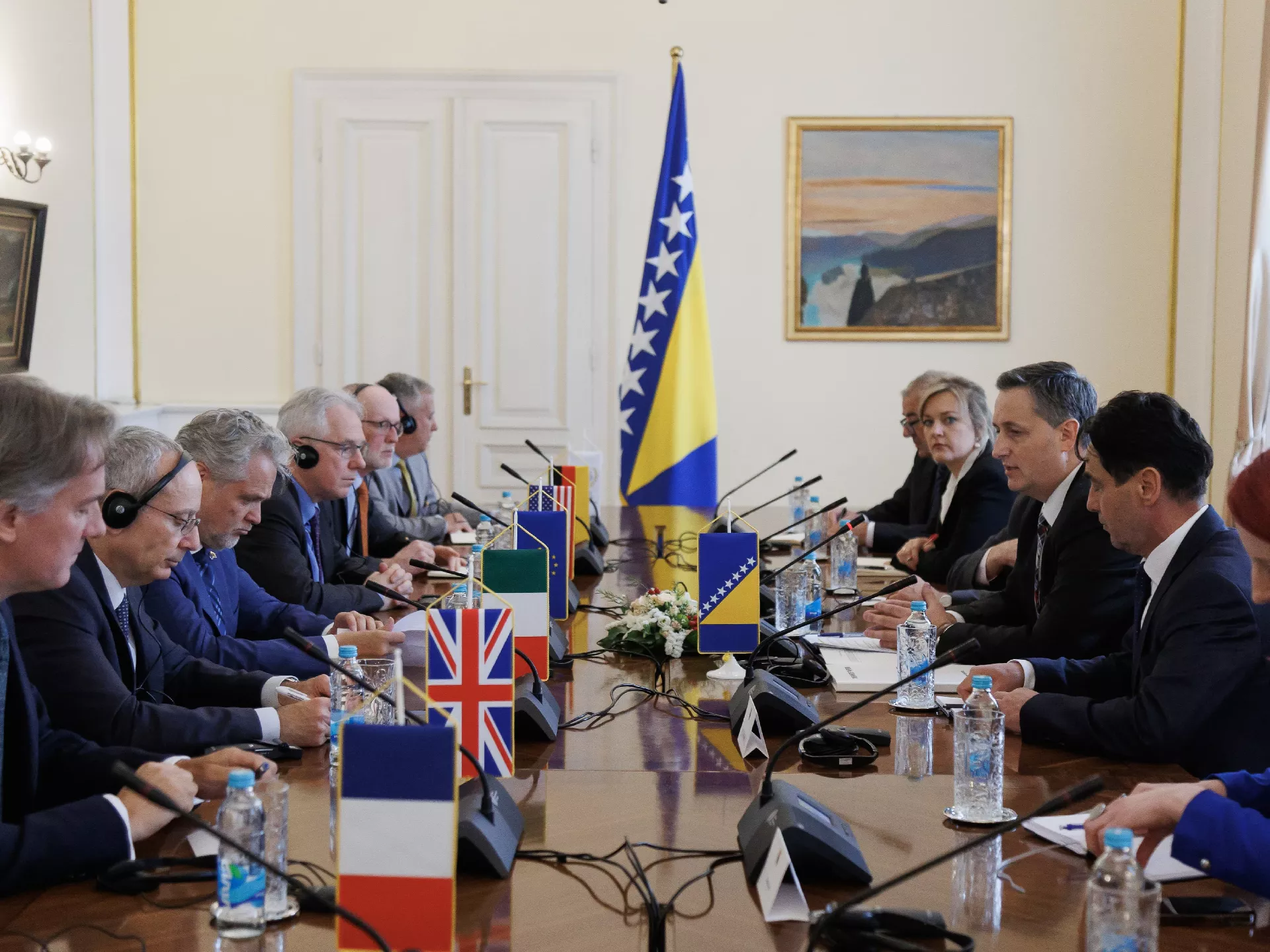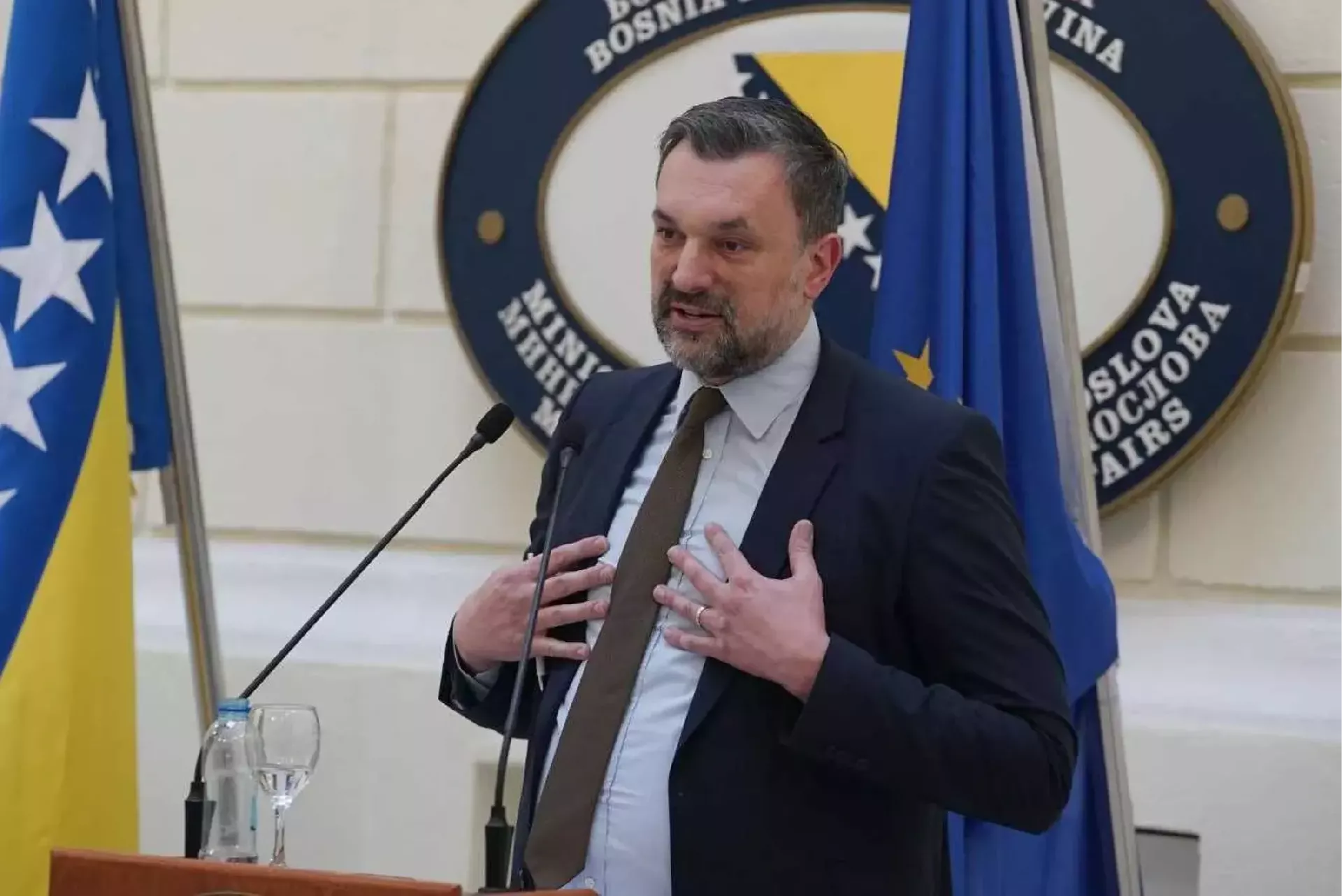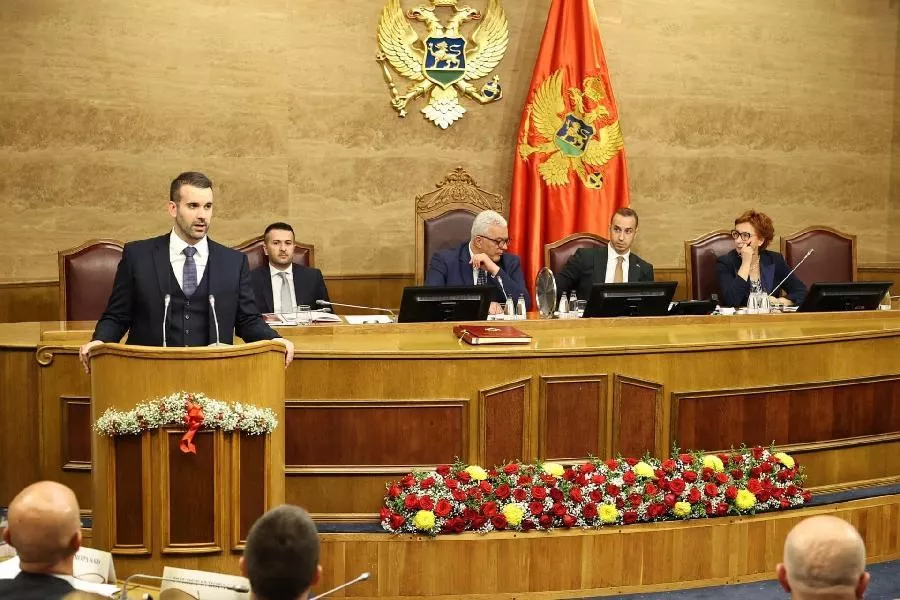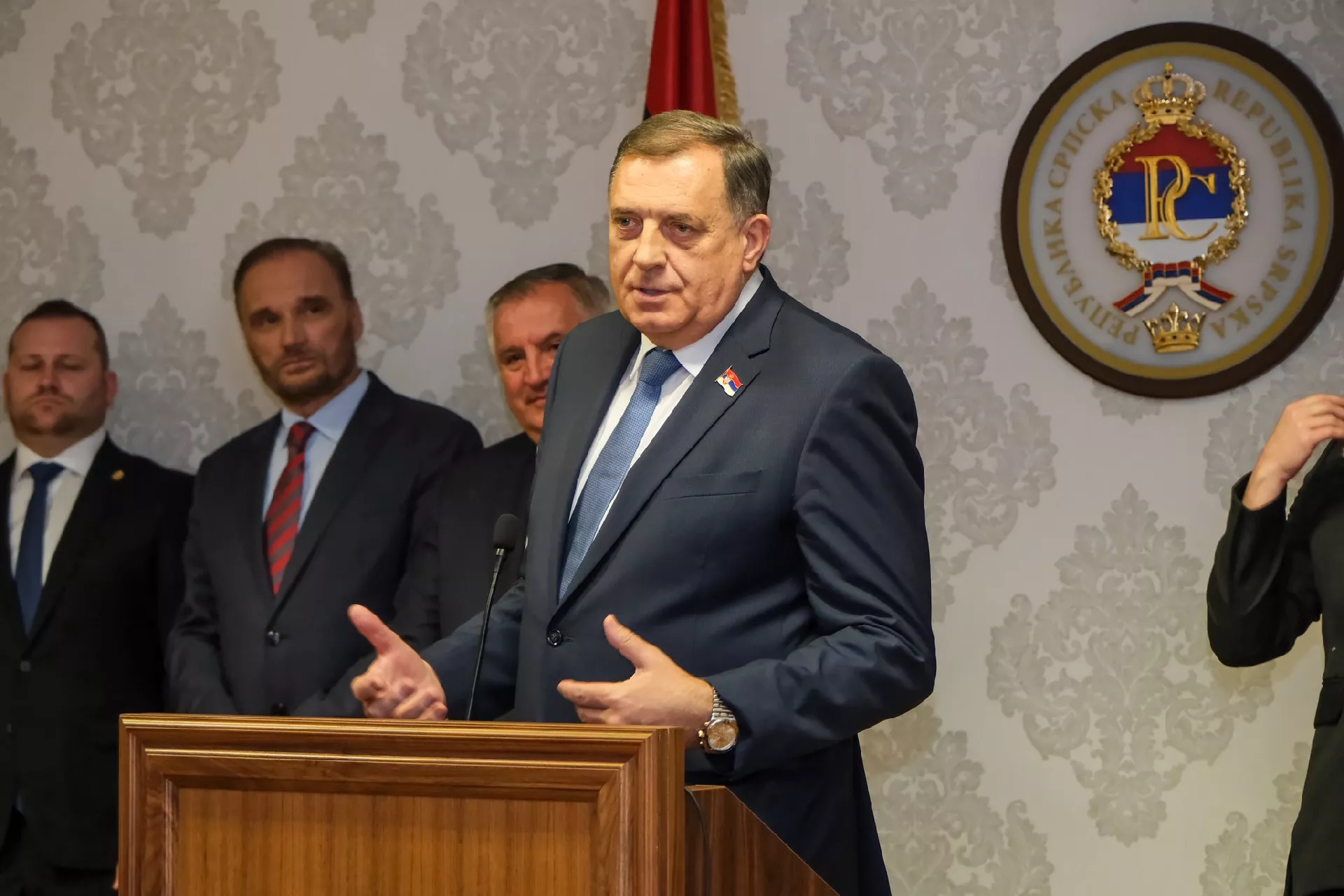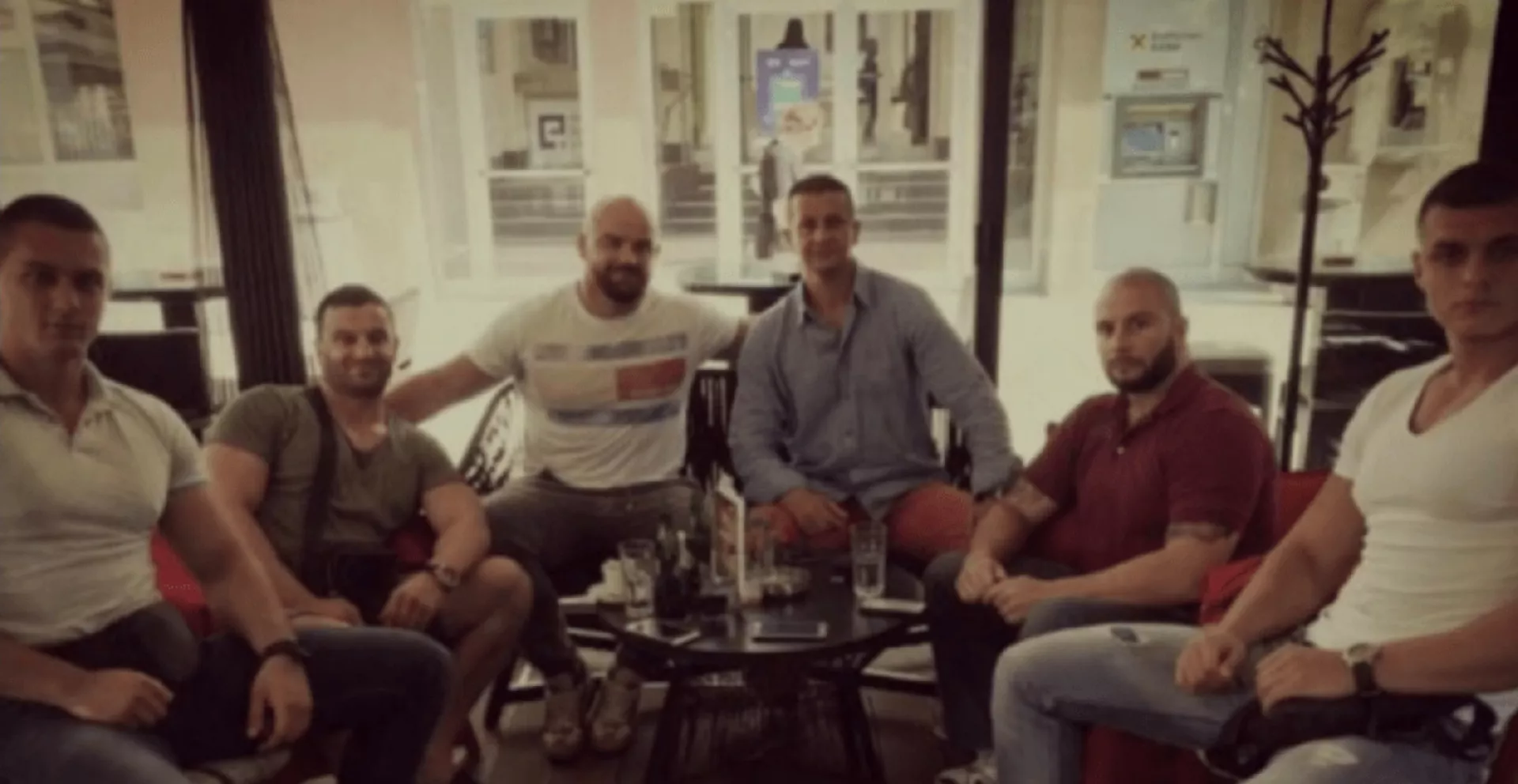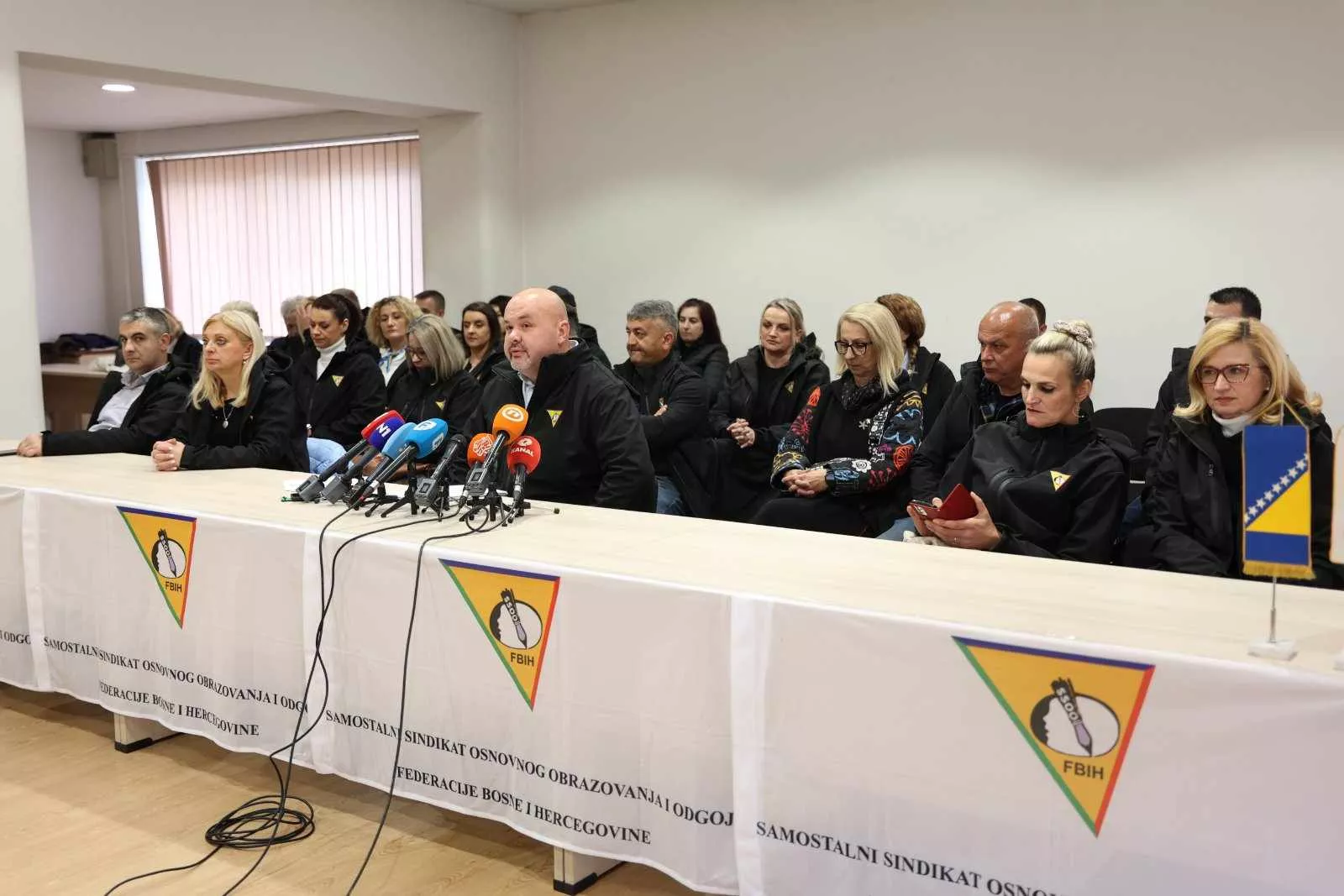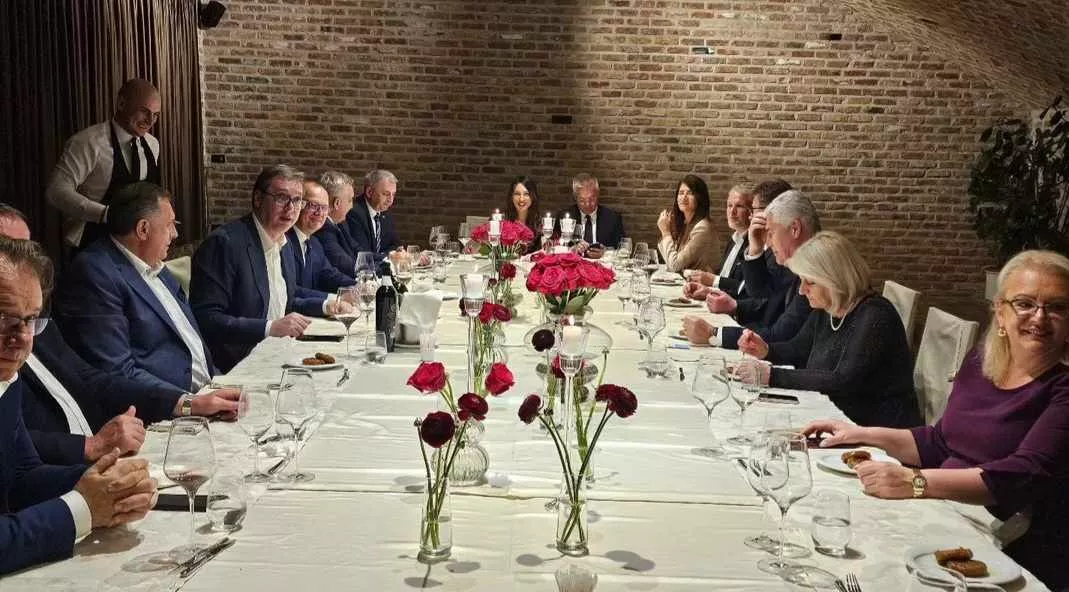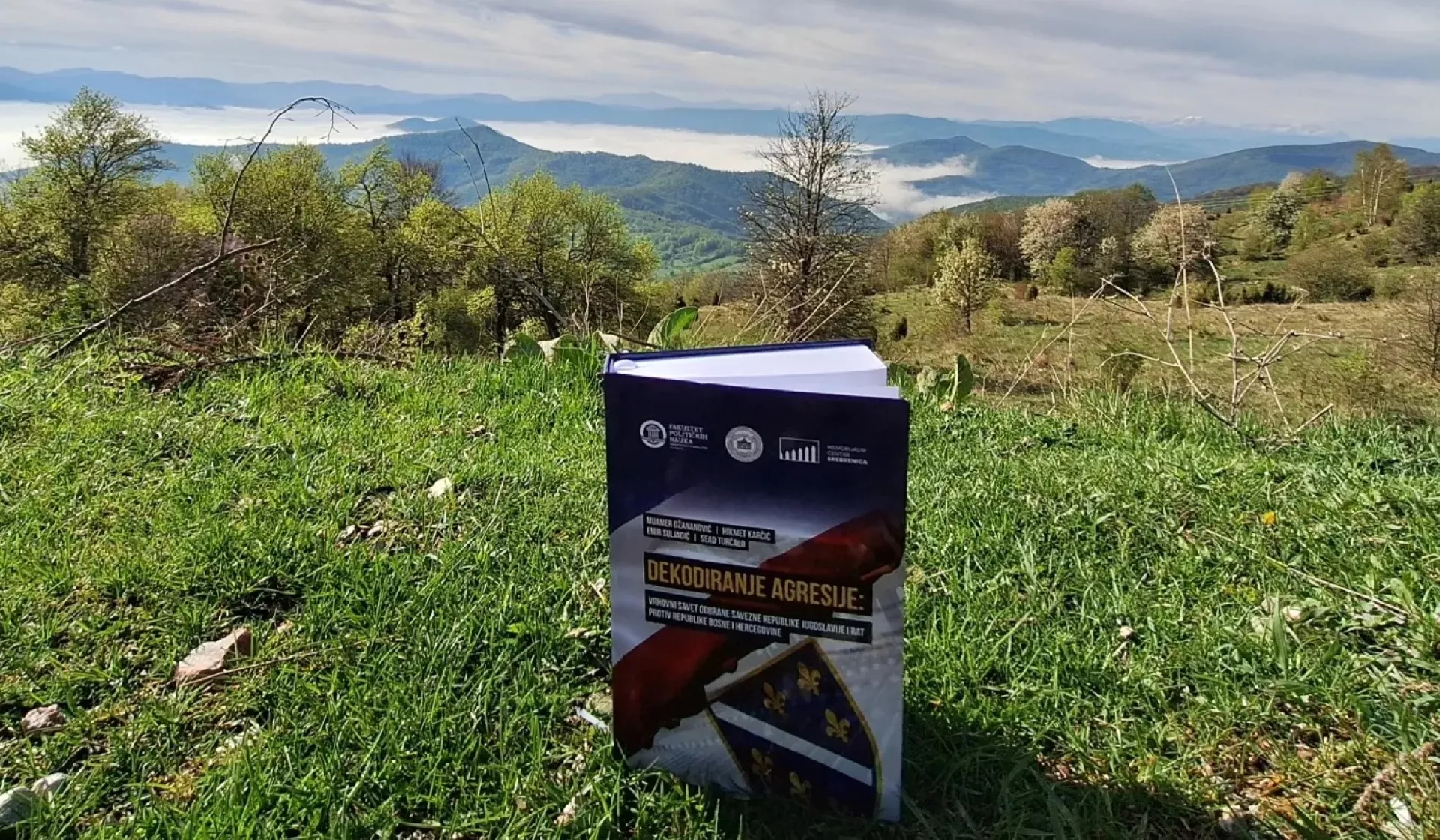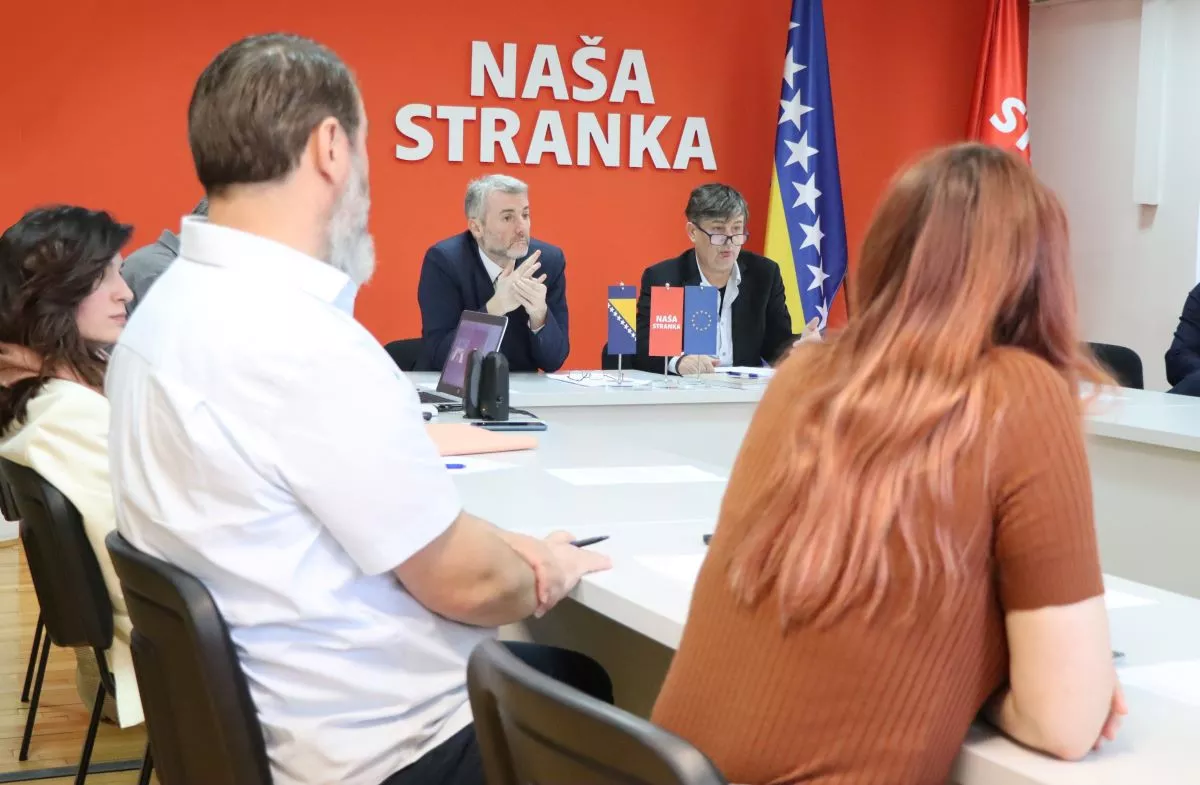

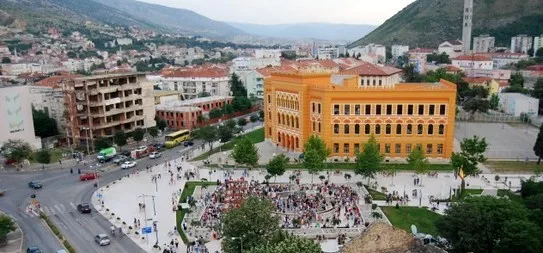
There is a special Annex to Dayton Peace Accords concerning the city of Mostar. The Annex as such has definitely set the ground for political future of this city on Neretva River, defining it as whole and complete, with territory as before the war of 1991, with a joint city administration, organized through 6 multiethnic municipalities.
In 1996, the international representative at the time, Hans Koschnick brought about a Transitional statute of the city. That statute divided Mostar in 6 municipalities – 3 of those with Croat majority and 3 with Bosniak majority.
The goal was to take a first step towards overcoming division of Mostar on western part with majority of Croats and eastern part with Bosniaks as majority. 8 years later, in 2004, the High Representative Paddy Ashdown imposed a new Statute.
The new Statute confirmed one municipality, while ethnic municipalities were made election units, which gave Mostar special election rules integrated in the Election Law of BiH. Those rules were meant to prevent from ethnic election rule that would confirm results of ethnic cleaning done during the aggression.
At the time, Croat parties complained to the Constitutional Court of BiH that rights of Croats were being violated i.e. that one Bosniak vote in Mostar is worth several Croat votes, because some of former Bosniak municipalities had only a few thousands of voters, while one of Croat ones had over 20.000; yet, they gave the same number of councilors to the City Council of Mostar.
Following the decision of Constitutional Court of BiH at the end of 2010, which accepted the complaint by the Croat parties, the question of election rules for the forthcoming local elections in Mostar was raised.
The Constitutional Court of BiH instructed Parliamentary Assembly of BiH to change the Election Law of BiH. The City Council was instructed to adjust the City Statute with the Constitution of BiH. Since then, nothing has changed. The Election Law as far as Mostar has remained the same, as well as the City Statute.
Even six years ago, the most powerful political parties in Mostar, SDA and HDZ BiH were unable to agree on solution that would be acceptable to all.
HDZ insisted that Mostar become one election unit based on the principle one vote – one person, while SDA requested 6 election units.
Valentin Inzko, the High Representative at the time, reacted by proposing that Mostar acquires 3 election units, but this was unacceptable to both political parties.
Last time local elections in Mostar were held was 2008. Currently, there is no City Council, and all the power is in the hands of Mayor Ljubo Beslic. As local elections are nearing, so is discussion about how to handle them in the city on Neretva.
SDA has now proposed division of Mostar into two municipalities. Exactly like postwar HDZ led by Franjo Tudjman and Mato Boban wanted. At the time Tudjman and Boban had the same vision and proposal, SDA struggled heavily against such proposal and fought for one complete Mostar. Today, things have completely changed.
According to the new proposal by SDA, Mostar would be divided in two municipalities. Each municipality would control its territory, finances and construction resources. A city budget would formally exist which would technically constitute a simple sum of city budgets with a symbolic amount of money needed for maintaining the city administration.
- In the framework of territory of City of Mostar defined by law, two city municipalities are constituted. City Municipality Old City consists of city area: North, Old city, Southeast and Central zone. City municipality Novi Grad is consisted of city areas: West, Southwest and South, says the proposal by SDA for Mostar.
This proposal of local SDA has been endorsed by the SDA leader Bakir Izetbegovic.
- A unit would be formed within that structure which would be helping Bosniaks and Croats to become a part of local self-governance they are interested for, which would be acceptable to HDZ and to SDA, said Izetbegovic.
Concerning the proposal for modification of Election law of BiH relating to Mostar, according to the latest proposal by Croat National Assembly, mayor of Mostar would be elected in the City Council as before, and the existing election units would be maintained/kept. According to the proposal of political parties related to HNS, number of mandates which certain election units give would be changed, which is the essence of the decision of the Constitutional Court of BiH relating to the election rules for City of Mostar.
A compensation mechanism for share of mandates would be introduced based on the election legislation of Federation BiH. There would be a total of 35 seats in the City Council as is currently the case, and as regards quotes, the minimum of 3 representatives has been proposed, while maximum would be 17, which would provide for a structure of City Council that fits population structures.
SDP, DF and Nasa Stranka fiercely oppose the proposals by SDA and HDZ BiH for they trust such move would only confirm the division of Mostar, which would eventually lead to division of Federation BiH but also the state. So far, SBB has not responded on this matter.
